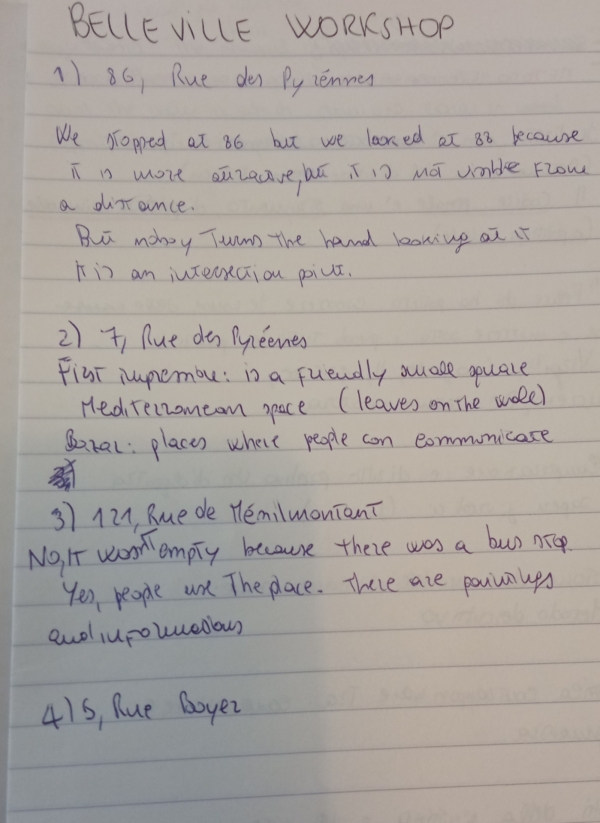
Veronica Romano
During my trans-making experience, I focused my research on the impact that European securitarian policies had on criminal Maghreb legislation. In fact, through the conclusion of several agreements with Morocco, Tunisia and Algeria, the European Union led Maghreb legislators to cooperate in the so-called "securitization of borders". In order to comply with their obligation to prevent and fight against the irregular exit from their Countries, Maghreb legislators stiffened their criminal apparatus, even criminalizing the assistance to irregular exit (a crime which, on closer inspection, is hard to reconcile with the right to leave one's Country, above all in cases - such as, torture, persecutions, wars - that should be ruled also by the principle of non-refoulement). In particular, I analyzed Maghrebinian criminal codes, discovering that they don't provide any exemption for humanitarian reasons: a "state of necessity" can be invoked only in case of rescue activities in favour of a member of one's family.
